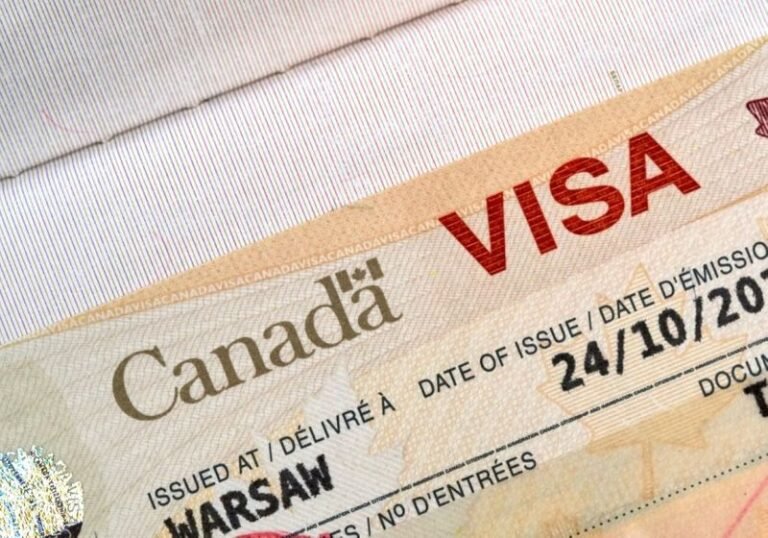The right information and support can make all the difference in navigating the complexities of child custody disputes. One critical player in this process is the child custody investigator. But what exactly does this role entail, and how can it impact your custody case? Let’s dive into the world of child custody investigations and understand why hiring a child custody investigator might be the right step for you.
What is a Child Custody Investigator?
A child custody investigator is a professional who is hired to gather information and provide evidence related to child custody cases. Their role is to ensure that the best interests of the child are prioritized by conducting thorough investigations. These professionals are often used in complex custody disputes where one or both parties have concerns about the other’s ability to provide a safe and nurturing environment for the child.
Key Responsibilities of a Child Custody Investigator
- Gathering Evidence: A child custody investigator collects information about each parent’s living situation, lifestyle, and interactions with the child. This can include interviews, observations, and reviewing documentation.
- Conducting Interviews: They often interview the parents, the child, and other relevant individuals such as teachers or neighbors to get a comprehensive view of the child’s environment and the dynamics at play.
- Observing Interactions: The investigator may observe the child’s interactions with each parent to assess the quality of their relationships and determine any potential concerns.
- Providing Reports: After gathering all relevant information, the investigator prepares a detailed report that includes their findings and recommendations. This report can be submitted to the court and used to inform custody decisions.
Why Hire a Child Custody Investigator?
1. Unbiased Perspective
An impartial and objective perspective on the situation is provided by a child custody investigator. Their role is not to take sides but to present facts and evidence that can help the court make an informed decision. This can be especially valuable in contentious cases where emotions and personal biases may cloud judgment.
2. Thorough Investigations
Professionals in this field are trained to conduct comprehensive investigations. They know what to look for and how to gather information that might not be immediately obvious. This thoroughness can uncover critical details that might otherwise be overlooked.
3. Expert Testimony
In some cases, a child custody investigator may be called to testify in court. Their professional insights and findings can provide valuable support for your case, helping to clarify complex issues for the judge.
How to Choose the Right Child Custody Investigator
1. Check Qualifications
Ensure that the investigator you choose has the appropriate qualifications and experience. Look for certifications and professional memberships in relevant associations, such as the National Association of Child Custody Evaluators.
2. Review Their Track Record
Request case studies or references from previous customers. A reputable investigator should be able to provide examples of past work and demonstrate a successful track record in similar cases.
3. Understand Their Approach
Different investigators may have different methods and approaches. Make sure you understand how they plan to conduct the investigation and what techniques they will use. This will help ensure that their methods align with your needs and expectations.
4. Discuss Fees
Before hiring an investigator, discuss their fees and payment structure. Make sure you know what services are covered and how much it will cost. This will help avoid any surprises and ensure that you are clear about the financial commitment.
The Process of Working with a Child Custody Investigator
1. Initial Consultation
The first step is a free consultation to talk about your case and see if the investigator is a good fit. This is an opportunity to ask questions, share your concerns, and understand how the investigator can assist.
2. Agreement and Contract
Once you decide to move forward, you will typically sign a contract outlining the scope of the investigation, timelines, and fees. Make sure you read this document carefully and understand all terms before signing.
3. Investigation Phase
During the investigation phase, the child custody investigator will begin gathering evidence, conducting interviews, and making observations. Stay in communication with them and provide any necessary information or documentation.
4. Report and Recommendations
After completing the investigation, the investigator will prepare a report detailing their findings and recommendations. Review this report carefully and discuss any concerns or questions with the investigator.
5. Court Testimony
If needed, the child custody investigator may be called to testify in court. They will present their findings and provide expert testimony to support your case.
Conclusion
Navigating a child custody dispute can be incredibly challenging, but the right support can make a significant difference. A child custody investigator plays a crucial role in providing objective, thorough, and professional insights into the case. By understanding their role, knowing how to choose the right investigator, and following the process, you can ensure that you have the best possible support for your custody case.






